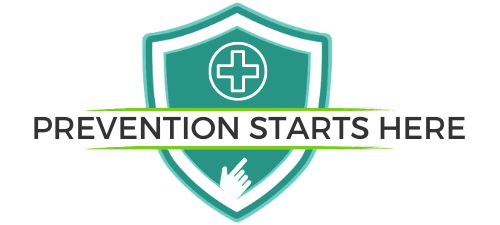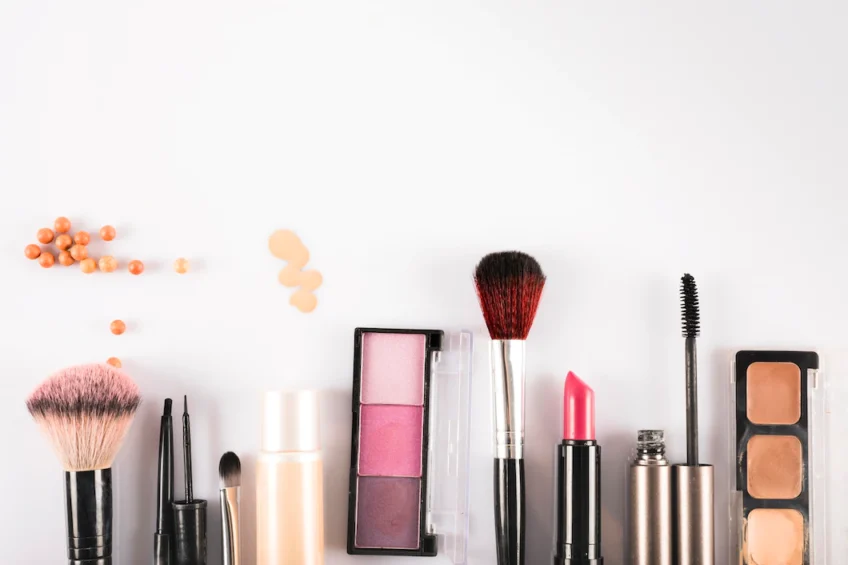Do you know the chemicals that are lurking in your cosmetics bag? How about the ones hiding in the suds of your shampoo? What’s in the deodorant that seeps into your sweat glands? Okay, I’ll admit it. These are unfair questions. I can’t possibly imagine you read the labels of every product you use, because I never used to either. I especially can’t expect you to know these chemicals when the cosmetics industry isn’t even required to disclose all the ingredients in their products. And while I’m being honest, even if I had read labels, I wouldn’t have known what to be looking for — science was never my strong suit, and chemistry class was a discussion of the Periodic Table rather than harmful chemicals to avoid.
I wouldn’t have even known to be aware of this until I started working at the Breast Cancer Fund on the Campaign for Safe Cosmetics. My first day in the office was like stepping on a land mine — an explosion of disbelief and outrage at the lack of regulation for products I put on myself DAILY. And boys, don’t be fooled by the word ‘cosmetics,’ because it does not only refer to makeup. Think about your shampoo, cologne, deodorant, hair styling gel, and shaving cream. So as I sit at my desk reading about the perfume I love to wear, reading the advertisements about how “It’s intoxicating,” I’m left with the somber irony of how toxic it actually is.
My next rude awakening occurred when I learned there is such a thing as “greenwashing.” That powerful word “natural” that makes our secret inner yogi go into downward dog position is not always legitimate, and doesn’t make a product safe. In fact, there is no legal definition of the word natural, and manufacturers and retailers can give their products a stamp of approval without any regulation. We are buying products that are promising to be healthy for us and the environment, while many companies commit the ultimate betrayal against our moral and health values. Now when I see the label “naturally occurring elements,” my mind automatically jumps to, “Well, Arsenic is a naturally occurring element, but that doesn’t mean it should be rubbed all over my body because I use lotion.” I guess junior year chemistry class did come in handy after all.
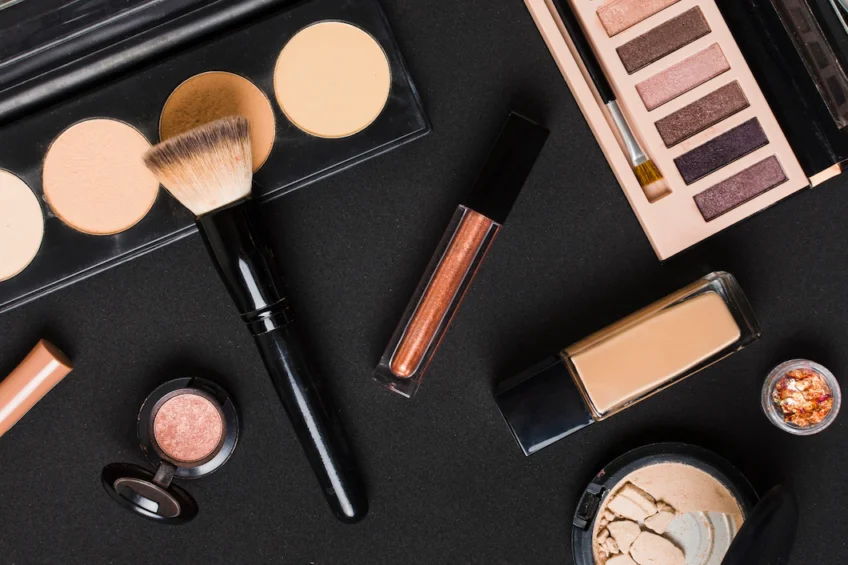
But then comes the mother lode of all deceits — the overarching label of “fragrance” that is present in most products I use – and 40% of all personal care products. This word protects companies from disclosing potentially harmful ingredients to the public through trade secret protection. But who is protecting us from the unlimited number of secret chemicals summarized in that one sweet-smelling word? The overwhelming risk of serious health issues should outweigh the rights of large corporations to deny a consumers’ right to know. Imagine an unregulated chemical industry. What if prescription medication came without the chemical ingredients and warning labels? Given the exposure to carcinogens and endocrine disruptors through ingredients in personal care products, the cosmetics industry should be regulated for our safety.
The Campaign for Safe Cosmetics works to change the industry by putting pressure on manufacturers and retailers to make and sell safer products, and advocating for stricter regulations and protective policies at the state and federal level. We provide tools and resources to consumers about dangerous ingredients in personal care products and – now here’s the best part – safer alternatives.
Partnering with the Keep A Breast Foundation and Clean Water Action, the Campaign for Safe Cosmetics is conducting a survey to better understand the attitudes and patterns of cosmetics and personal care use among 14-24 year olds. The most poignant question of the survey is: Who do you believe is regulating toxic chemicals in personal care products? I, for one, am excited to see the responses to this question.
Why should 14-24-year-olds care?
• We are still growing and developing
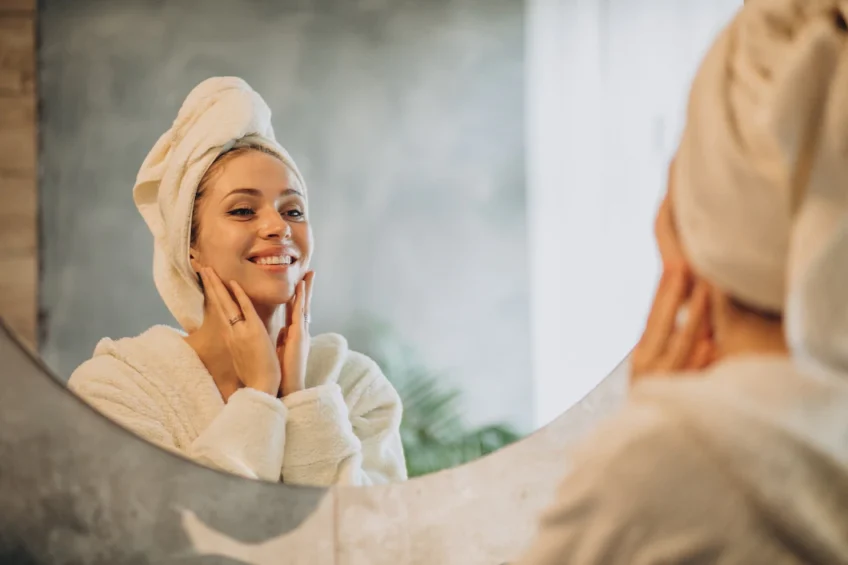
We do not stop growing until our late teenage years and our brain is still developing until our mid to late 20s. These are important years of development for our body and we should not be unknowingly putting harmful chemicals into the equation.
• We are the target audience for these companies
Look at commercials, slogans, advertisements and product visuals. Everything is centered on appealing to us. Which means we have the loudest voice. We have the power to shift the market. We have the power to demand safer products and be heard.
• These chemicals are unhealthy for us and the environment
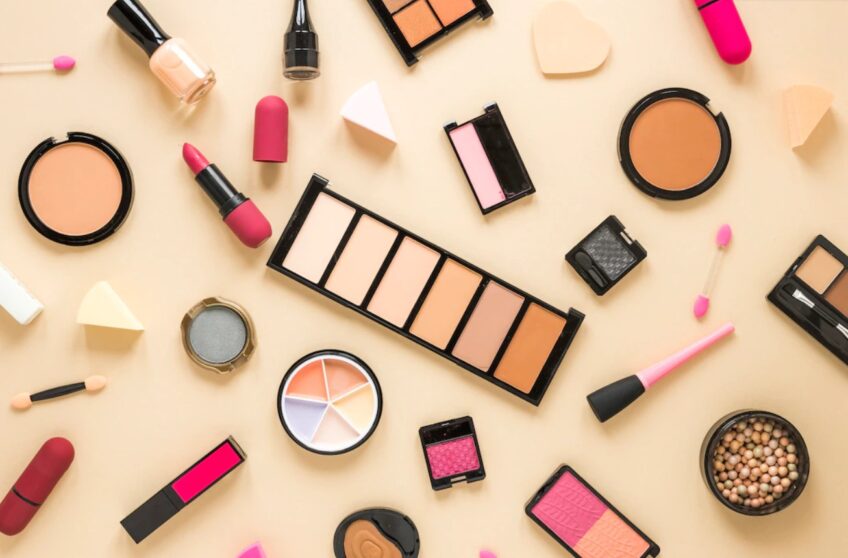
As one of the most environmentally conscious generations, we should be concerned about the reverberating effects that happen to us, as well asour planet.
• We have the Right to Know
As consumers, we have the right to know what is in the products we use. We have been led to believe everything on our shelves is safe. It seems insane to think an industry can deny its consumers the safety information about a product. If there was nothing of concern to hide, these companies would not be refusing to list their ingredients. We deserve transparency so that we can make informed decisions about what products to use.
The survey is open until the end of the summer. The results will help the Campaign build a strategy around our needs, and provide critical information on just how important this topic is. Help us spread the word about this important survey, and you will ensure that the Campaign for Safe Cosmetics can continue to use smarts and sass to pressure the cosmetics industry to make safer products.
